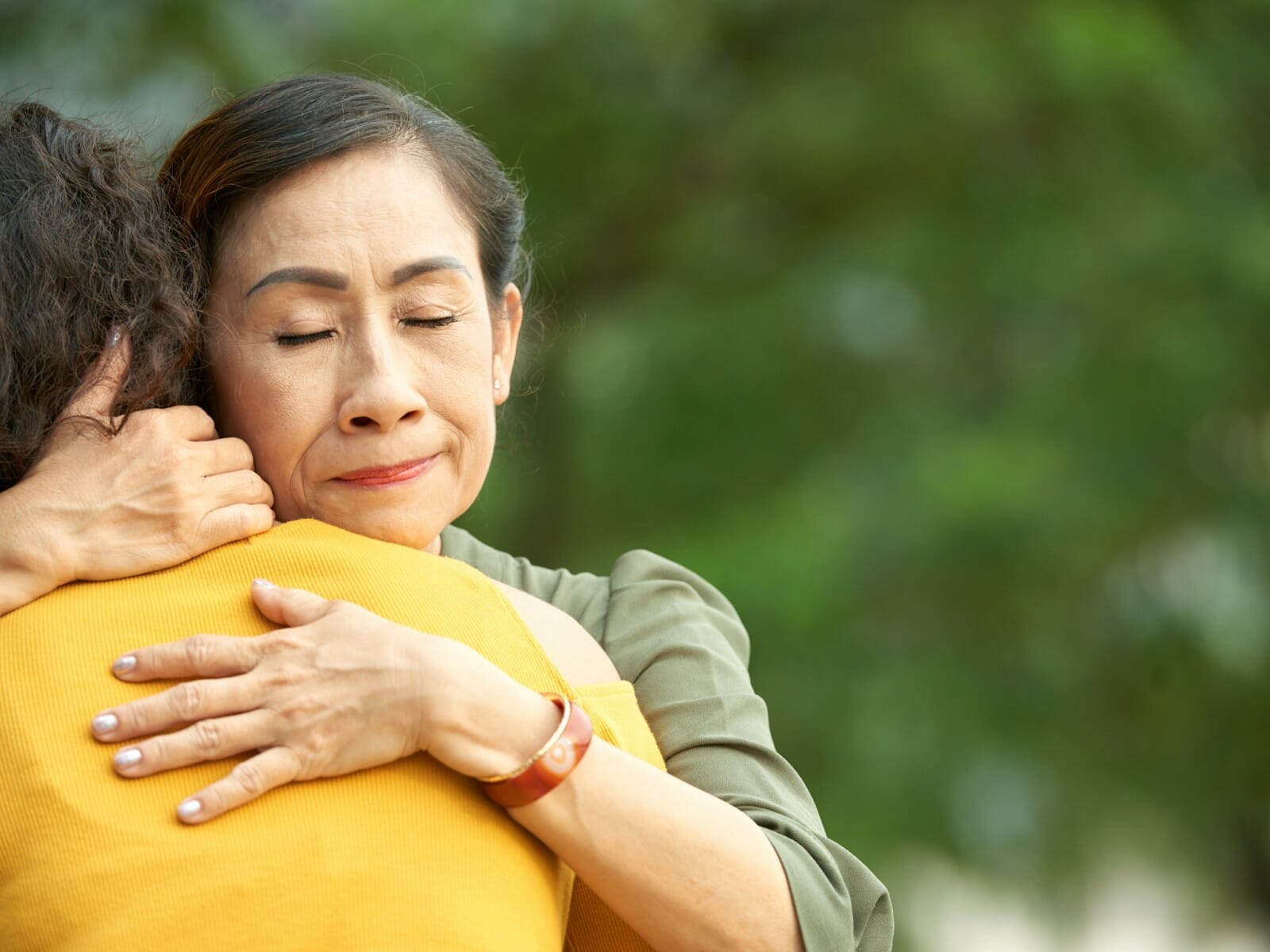
Suicide is often reduced to statistics to give people a general sense of the scale of the problem. But statistics can’t possibly illustrate the toll of each individual loss.
If you have lost a loved one to suicide, you are intimately familiar with the devastating and complex impact felt by surviving friends and family.
Your loved one’s death may have left you feeling lost and confused, unsure of where to turn for answers. As you and those around you struggle to come to terms with the loss, it can be difficult to know what to do or how to feel.
There is no right answer for how you should be feeling following the suicide of someone close to you. Grief is complex, and it’s rare that any two people will experience it in the same way. Just know that whatever you’re feeling, it’s okay.
Accepting your grief and allowing yourself to feel it is easier said than done, but there are things that can help. Here are a few things that may help in your grieving process.
Confronting the Why

The most common question that survivors of suicide come to is “Why did this happen?”
After a loved one’s suicide it can be easy in your search for answers to begin blaming yourself.
You may wonder what you could have done to prevent this outcome or you might feel guilt over signs you may have missed. You may find yourself wondering why your support wasn’t enough to keep them around.
Mental Illness Plays a Big Role
The truth of the matter is that suicide is complicated with no singular explanation for why it happens. However, a framing that may help you understand is this: At the end of all things, your loved one died of an illness.
Most, if not all, victims of suicide suffer from an acute mental illness that contributed to the decision to end their life.
Mental illness can severely distort a person’s perception of their importance in the world and the care of those around them. Your loved one did not choose to become ill, and they would not have chosen to end their life had their illness not been pushing them to do so.
There’s No Blame to Be Passed Around
Mental illness is treatable just as cancer is treatable—but some people still succumb to their cancer even with treatment, while others recover and go on to live for years.
You do not need to wonder why your efforts weren’t enough or what you could have done better. In the end, succumbing to their illness requires no more blame than if they had died from a heart attack.
Understanding this will not make the loss hurt any less, but it may help to reconcile some of the confusion so you can grieve more peacefully.
Suicide Postvention and Recovery

There is no timetable on grief, so it’s impossible to say how long it will take for your life to begin to feel normal again.
There are, however, some things you can do to aid in your recovery process and ensure you are on the best possible path toward healing:
- Seek Therapy or Grief Counseling - Professional help won’t cure your grief. However, it can help you feel like you have more control over where the grief is taking you and help you develop coping skills. Working through these emotions on your own can be incredibly challenging, so having help is important. The American Foundation for Suicide Prevention (AFSP) provides a database of suicide bereavement trained clinicians to make it easier to find help.
- Find a Support Group - There are many survivors who are going through similar situations. Finding a support group will help you to connect with others. This can give you a forum to work through complicated feelings and feel less alone. You can find an AFSP has compiled this list of U.S. and international support groups.
- Strength from Your Community - In addition to support groups, it’s a good idea to form a tighter circle of support with those who are grieving the same person you are. This community group can provide more specific support as well as work together to find positive ways to honor your loved one.
- Explore Faith - Organized religion isn’t for everyone, but some people are able to find a greater sense of peace and understanding through personal faith practices.
- Establish Rituals and Traditions - As time goes on, you may find that birthdays, anniversaries, and holidays are especially difficult. During these times, it can be helpful for you and other loved ones to find special ways to honor the person you lost.
- Cherish Community & Connection - Resist the urge to disconnect from others and instead do what you can to reach out and accept the help of those who are reaching out to you.
At the heart of all of these is connection with other people. You are not required or expected to do this alone. While you may occasionally need some time to yourself to process, it is support and connection with others that will be the most help in getting you through this difficult time.
Finding a Future

After a traumatic loss, the idea of moving on can be scary. If you’re struggling with the transition, volunteering your time to a cause dedicated to preventing suicide and supporting survivors like you can help to ease some of the guilt and fear.
There may still be bumpy roads ahead. Grief is complicated and can come in waves. However, as you start feeling a little more whole you will be able to give yourself permission to begin living again.


